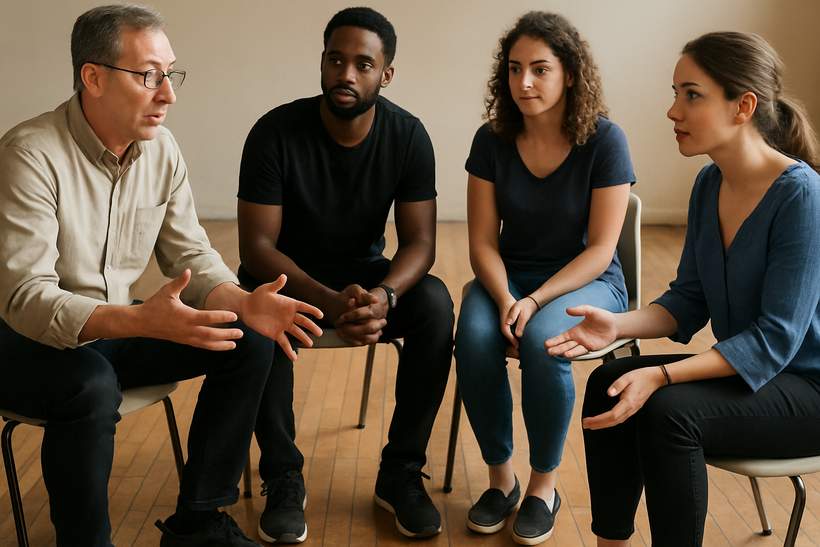Gambling Industry Leader Dismisses Social Harm, Sparking Debate Over Tax Increases

Industry Head Challenges Gambling Harm Claims
The chief executive of the Betting and Gaming Council (BGC), Grainne Hurst, recently testified before the Treasury select committee, asserting that gambling does not cause social problems. This statement drew criticism as she urged the government against raising gambling taxes in the upcoming budget.
Concerns Raised Over Tax Hikes Impacting Jobs and Sports Sponsorships
Hurst argued that the gambling sector currently contributes a fair share of taxes and warned that further tax increases could lead to significant job losses. She highlighted risks such as the potential closure of high street betting shops and reduced funding for sports sponsorships. Additionally, she cautioned that higher taxes might push gamblers towards unregulated international websites.
These remarks surprised members of the committee, with chair Meg Hillier questioning Hurst on whether she believed gambling had no social harm. Hurst reiterated her stance that the industry actively works to minimize risks associated with gambling.
Her comments coincide with government discussions about raising taxes on high-risk gambling products, including online casinos and gaming machines. Several major bookmakers have warned about possible shop closures if these tax hikes proceed. For example, Betfred has indicated it might shutter all its 1,287 betting shops, while William Hill’s parent company has suggested closing up to 200 locations.
Consulting Firm’s Report Supports Industry’s Position Against Tax Increases
Trade organizations have supported the BGC’s viewpoint. A report by consulting firm EY, commissioned by the BGC, cautioned that proposals from economic research institutes like the Social Market Foundation and the Institute for Public Policy Research could result in up to 40,000 job losses and remove £3.1 billion from the UK economy. The report also warned that as much as £8 billion in bets could migrate to illegal gambling if taxes rose significantly.
EY’s analysis suggested that raising online gaming taxes from 21% to 50% would generate less revenue than anticipated, once broader economic effects are considered. Hurst referred to these findings to advocate for government policies prioritizing long-term economic stability over short-term revenue gains.
Dissenting Views Call for Higher Taxes on Harmful Gambling Products
Not all voices aligned with the BGC’s optimistic perspective. Stewart Kenny, a former executive at Paddy Power, testified that gambling companies encourage casual players towards more addictive betting products, describing the system as designed to increase risk. He urged lawmakers to impose steeper taxes on particularly harmful gambling activities.
Growing Divide Between Policymakers and the Gambling Industry
Following the hearings, chair Meg Hillier expressed dismay at industry figures’ unwillingness to acknowledge gambling-related harm, calling their position indefensible. With the government’s budget announcement approaching, this debate highlights a widening gap between regulatory efforts to address social impacts and the industry’s focus on protecting its revenue streams and public image.